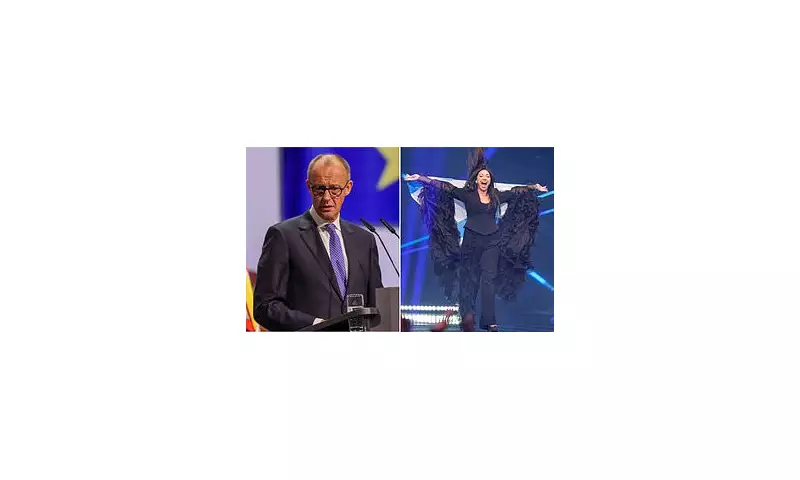
The Eurovision Song Contest, traditionally a celebration of European unity through music, has been plunged into a major political crisis that threatens to tear the competition apart. German Chancellor Olaf Scholz has made the extraordinary demand for his nation to withdraw from the contest entirely, while several other European countries are threatening boycotts over Israel's continued participation.
Political Storm Engulfs Eurovision
What began as a cultural event has rapidly transformed into a diplomatic battleground, with the ongoing conflict in Gaza creating deep divisions among participating nations. Chancellor Scholz's call for Germany to quit the competition represents the most significant escalation in the growing controversy.
The situation has created an unprecedented challenge for Eurovision organisers, who have long maintained that the contest should remain separate from political disputes. However, the intensity of feeling surrounding the Gaza conflict has made this position increasingly difficult to sustain.
Growing Coalition of Protest
Spain and Ireland have emerged as key players in the boycott movement, with both nations indicating they may refuse to participate if Israel is allowed to compete. This growing coalition of dissent suggests the crisis could significantly impact the competition's format and credibility.
Multiple sources within European broadcasting unions confirm that emergency meetings are being held to address the escalating situation. The European Broadcasting Union, which organises Eurovision, faces mounting pressure to either exclude Israel or risk mass withdrawals that could undermine the entire event.
Historical Precedent and Current Crisis
While Eurovision has faced political controversies before, including Russia's exclusion following the invasion of Ukraine, the current situation represents a more complex challenge. The participation of multiple Western nations in the protest movement creates a fragmentation that organisers have never previously confronted.
Cultural commentators note that the crisis reflects broader geopolitical tensions that have been simmering across Europe. The fact that the controversy has reached the level of chancellor interventions demonstrates how deeply the conflict has divided European political and cultural institutions.
As the situation continues to develop, the very future of Europe's most famous singing competition hangs in the balance. The coming weeks will determine whether organisers can find a compromise that preserves the contest's unity or whether political realities will force a fundamental reshaping of the Eurovision tradition.






